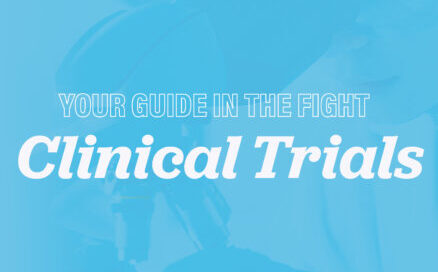Rural Communities’ Access to Screening and Treatment
Fight Colorectal Cancer is joined by Dr. Linda Overholser from the University of Colorado School of Medicine and Kellie Hoffman, a caregiver and colorectal cancer research advocate, for an engaging webinar that explores access to CRC screening and













